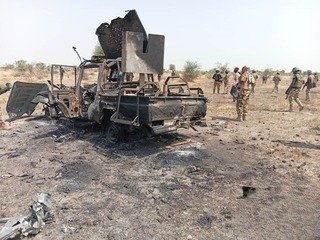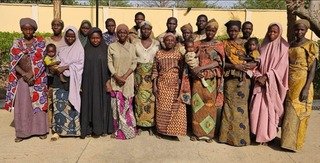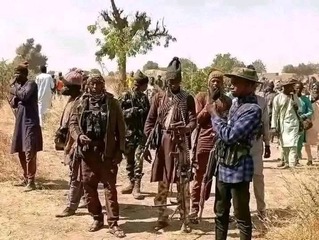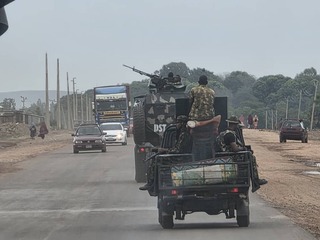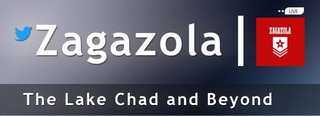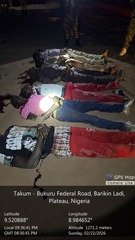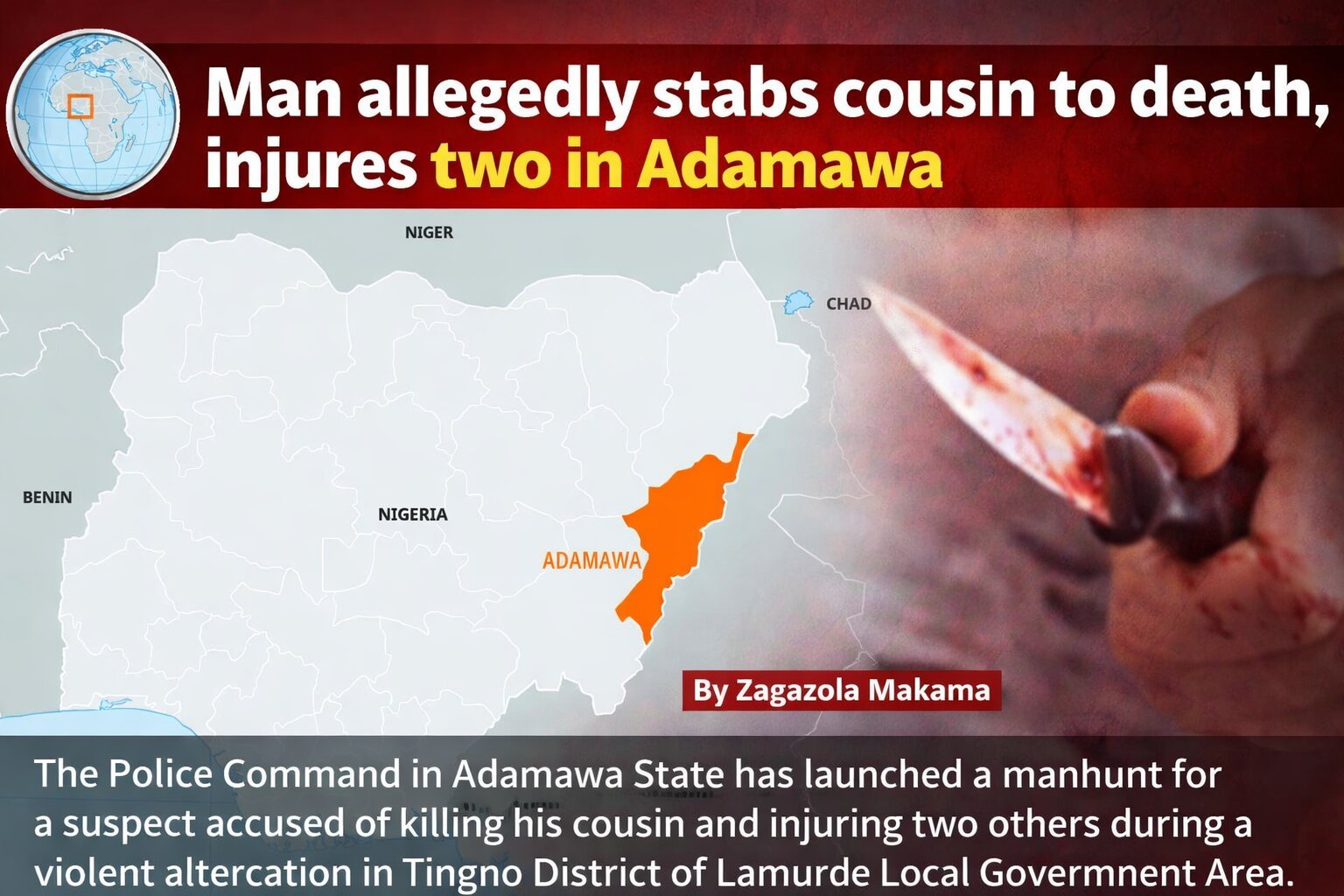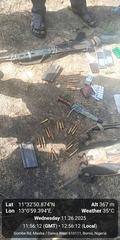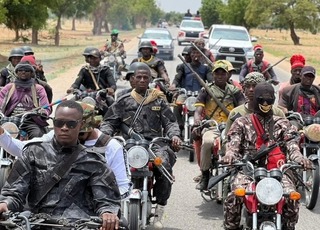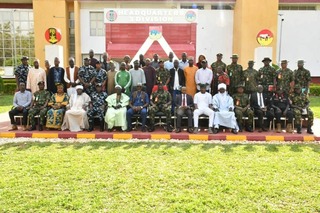Review of the Week: Political and Geopolitical Developments in the Sahel
1.JNIM Threatens Civilians and Authorities in Bamako**
In a recently released 12-minute video, Abou Houzeifa al-Bambari, spokesperson for *Jama'at Nasr al-Islam wal Muslimin* (JNIM), delivered a series of ominous messages to the people and authorities of Bamako. In his address, he urged civilians to halt the persecution and stigmatization of Fulah, Tuareg, and Arab communities, warning that the group might reconsider its policy of not targeting civilians.
Al-Bambari also issued sharp criticism toward religious leaders, accusing them of complicity in the face of injustices by remaining silent. His final threat was directed at the Malian authorities, warning that the group could impose a blockade on Bamako, worse than the previous ECOWAS sanctions, which would disrupt the flow of goods and target military and political leaders' homes. He further claimed responsibility for the September 17 attack in Bamako and signaled that hundreds of JNIM fighters are ready to carry out future operations.
This development represents a clear escalation in rhetoric and could herald new waves of violence, both in Bamako and across Mali, as JNIM continues to grow more brazen in its threats and actions.
2. Diplomatic Tensions Between Washington and N'Djamena**
A diplomatic spat between Chad and the United States erupted this week over the presence of U.S. special forces in Chad. U.S. General Kenneth Ekman of Africom claimed that Chad had requested the return of U.S. forces, an assertion that the Chadian government swiftly and categorically denied.
Chad’s Foreign Minister released a statement asserting that Chad is fully in control of its own security decisions and has made no such request. The diplomatic row highlights broader geopolitical tensions in the Sahel as international actors, including the United States, continue to navigate the complex security landscape marked by coups and growing Russian influence.
3. Burkinabé Junta Targets the Bassolé Family
Burkina Faso’s military junta, led by Captain Ibrahim Traoré, has escalated its crackdown on figures linked to the former political order, with the family of General Djibril Bassolé becoming the latest target. On the night of September 12, junta-aligned militias reportedly kidnapped Zala Oumar, a former aide of General Bassolé. The following day, four of Bassolé’s children had their homes searched, property confiscated, and one of his sons, Aziz Bassolé, was briefly detained.
These actions are seen by observers as part of a broader pattern of repression against political opponents and their families, marking a troubling shift in Burkina Faso’s internal political landscape. With rising political tensions, there are concerns that this campaign could provoke further unrest and deepen divisions within the country.
4. U.S. Withdrawal from Niger: A Blow to Counterterrorism Efforts**
The recent decision to withdraw 1,100 U.S. troops from Niger following the July 2023 coup has raised alarm bells among security experts. U.S. General Kenneth Ekman, reflecting on the 15-year partnership between the U.S. and Niger, warned that the troop withdrawal significantly undermines Niger’s counterterrorism capabilities. The move comes at a time when both *Jama'at Nasr al-Islam wal Muslimin* (JNIM) and *Islamic State in the Greater Sahara* (EIGS) are increasing their attacks across the region.
Ekman also expressed concern over the growing presence of Russian trainers in Niger and warned of the potential dangers associated with relying on Wagner Group forces, whose brutal tactics have worsened the security situation in other Sahel countries. The U.S. has stated that while it remains engaged in West Africa, future cooperation with Niger will depend on the outcome of negotiations with the new military government.
The U.S. withdrawal leaves a security vacuum that is difficult for Niger and its neighboring countries to fill alone, exacerbating the already volatile situation in the region. Without sustained international support, the fight against terrorism in the Sahel risks losing critical momentum, opening the door for further destabilization and cross-border violence.


